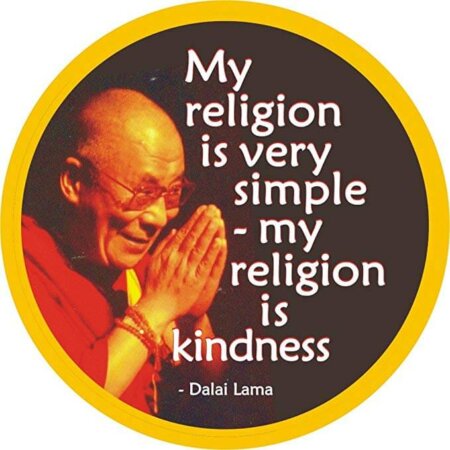
Recently I attended an event where the approach of the host with the group was to engage via what Brits historically called “banter”. This can (I repeat “can”) be effective in British culture to keep a light and humorous energy flowing, but only if done occasionally and with care and consideration. In this case, though, it was truly horrible. The host clearly knew no other way to engage with their audience other than being negative. Every. Single. Time. It was profoundly uncomfortable and I only stayed at the event out of respect for the people who had invited me.
At the same time as this event, a lead story in UK news is about a cricket player who was forced out of his career by racist abuse from his teammates, something initially dismissed at an organisational level as “banter”. For clarity, racism is never “banter”, it is never “casual”, it is way beyond banter and always aimed (no matter how unconsciously) to “other”, to offend and to hurt.
So, what is “banter”, then? It is an oddly British way of engaging with others in social environments, to seek to be humourous but by “picking on” others, so it “pokes fun” at them in what is always a negative way. In decades past, aware or otherwise, this was often around the appearance of others, from their looks, their weight, their height, or, even worse, their gender or race. In the (sometimes) more enlightened times we now live in, it is less potentially offensive, but always still intrinsically negative, often around behaviour but sometimes even around physical appearance. Hmm, I squirm a little to note that an adult family member who wears tiny (size 2) shoes, I have taken to calling “Baby Yoda”, yet I have never asked them if they find that caring or offensive. I shall the next time I talk to them.
So, my plea to each of you (and a reminder to myself), is to stop using “banter”.
What do I recommend instead?
Let me first go back to the early 1980s, where comedy in the UK was transformed by a movement of comedians who called their approach “alternative comedy” (as, at that time, most comedy was downright offensive). The whole premise of alternative comedy was to be funny without being offensive, so without “banter”. Banter is about cheap laughs, so alternative comedy simply took a little thoughtfulness and a little more effort to be funny.
To me this started with the TV show “The Young Ones”, then we saw more and more “observational comedy”, with personal favourites who really flourished in the 1980s and then 1990s being Billy Conolly, Emo Phillips, and, for the more American readers, Jerry Seinfeld (whose show was, famously, a “show about nothing”).
Using this change in comedy as an example, let us seek to talk to people in ways that are not “banter”, are not picking on their behavioural or physical attributes. It may take more thought, more focus, more effort if we are seeking to be funny, but if the alternative is that we may offend people through “banter”, let’s always choose another way. Oh, and part of why so much “banter” is used is that I find so many people who either don’t want to or feel uncomfortable having conversations that go deeper than the top surface level of interaction, so they used humour to deflect from that. A note around me, I LOVE deep conversation, so always be free to talk to me about any topic in-depth, I much prefer it to light chat!
In closing, as the Dalai Lama said: “My religion is kindness”, and, by the way, he is a profoundly funny and humorous human being, yet I feel sure he has never picked on anyone ever, never used “banter”.
